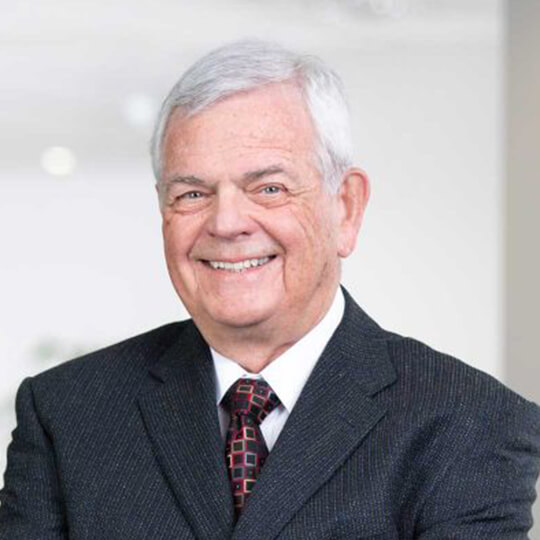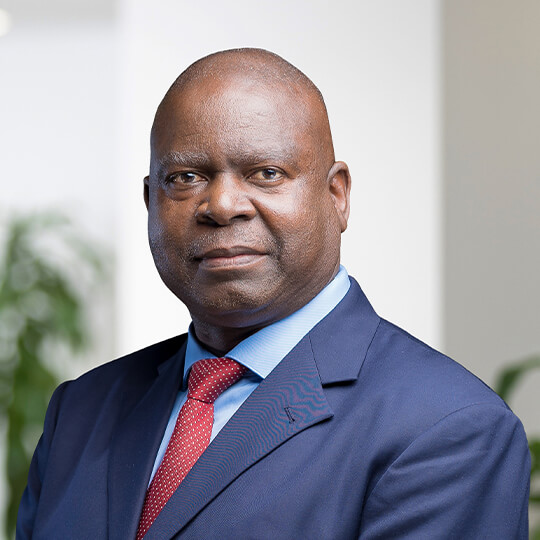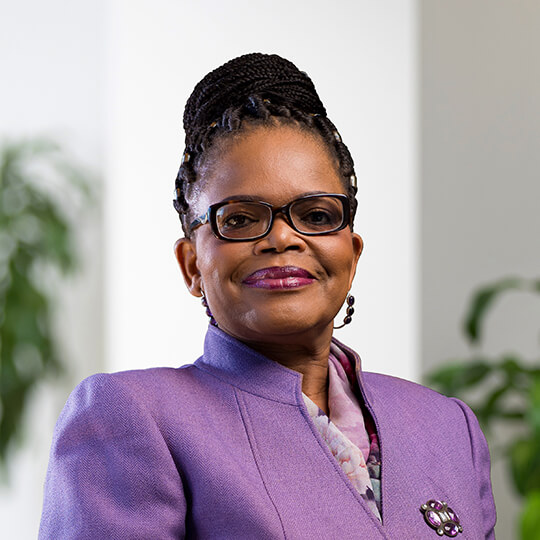Econet launches AR based Games
Econet Wireless Zimbabwe today (yesterday) launched YoPlay Hunt – an Augmented Reality (AR) technology based mobile game that it says is set to revolutionize the way customers interface with brands. Econet, the largest mobile network operator in Zimbabwe, becomes the first operator in Africa to launch an AR game. To play the game, which any Econet customer is eligible to play, a customer activates location-based services on their phone and registers on www.yoplayhunt.co.zw. A screen pops up that prompts the them to enter their mobile number. “Once the customer enters the OTP code and accepts the terms and conditions, they are good to go and ready to play,” said Mr Navdeep Kapur, the Chief Commercial Officer at Econet Wireless Zimbabwe. But there is one more twist to the experiential fun of YoHunt. To win any one of up to $1 million worth of prizes – called YoAtoms – customers have to do one more thing: They are to navigate using maps on their phone, to selected ‘secret locations’ where they will pick the prices, which include smartphones, cash (EcoCash), airtime, brand new TV sets and many more.
Mr Kapur said hinted that some of the secret locations in Harare could be Eastgate, Sam Levy’s Village, Avondale Shops, Arundel Village, Westgate Shopping Mall, Makoni Shops in Chitungwiza, Bulawayo City Center, Bradfield Shopping Centre in Bulawayo and the Africa University campus near Mutare. He said any objects that a participating or ‘hunting’ customer can view could be winning prize, adding that for now, the game was available to participants in Harare, Bulawayo and at Africa University in Manicaland. “Each day, starting today, we will have two games over a two-hour duration. The first will be played between 12pm and 2pm, and the second will be played between 4pm and 6pm,” Mr Kapur said. He added that the initial running period for the YoHunt game will be 10 days, starting today (February 12) up to February 21, 2020.
Mr Kapur said winners will redeem their prizes at the Econet Livingstone Shop in Harare, at Econet Bulawayo and at the Econet Mutare main shop. To participate in the YoHunt game, a customer will be charged ZWL$1.99 per hunt.











